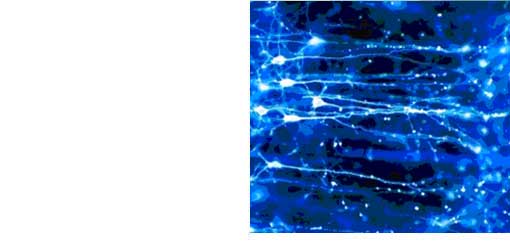
WHY PSYCHOTHERAPY WORKS - DUBLIN
A one-day seminar with Dr Allan Schore
A one-day seminar with Dr Allan Schore
BOOK ONLINE
BOOK ONLINE >>
This link takes you to a secure, partner website where your booking will be processed.
This link takes you to a secure, partner website where your booking will be processed.
PROGRAMME
FRIDAY 7 OCTOBER 2011
09.30 Registration begins
10.00 Part 1: The Paradigm Shift: deepening our understanding of the affective and neurobiological dynamics of clinical enactments
Recent relational and neuropsychoanalytic models posit that enactments are eruptions of unconsciously strong overwhelming affect within the therapeutic relationship and not technical mistakes, and that they represent a way of reaching deeply into traumatized areas. The current paradigm shift from cognition to emotion, from conscious to unconscious processes, and from left to right brain allows for a deeper understanding of how regulated enactments are a central mechanism of therapeutic action, especially for patients with a history of attachment trauma.
11.30 Coffee
12.00 Part ll: Enactments: working in right brain windows of affect tolerance
Within an interpersonal neurobiological perspective, enactments are re-expressions of right brain dysregulation associated with the re-experiencing of attachment trauma, yet they also allow therapeutic access into encountering unconscious, dissociated painful affects that are blocked from consciousness. Although the most stressful context of the treatment, these right brain-to-right brain communications occur within the regulatory boundaries of the patient’s windows of affect tolerance and can now potentially be subjectively experienced and interactively regulated (rather than interpreted) and thereby integrated into the right brain implicit self.
13.00 Lunch
14.00 Part lll: Psychotherapeutic Change: regulated enactments, corrective emotional experiences and the expansion of the right brain implicit self
The affective dynamics occurring within clinical enactments offer important possibilities for not only "grasping the patients inner world as it intersects with the therapist's own," but also for nonlinear change in internal psychic systems that unconsciously process emotional communications and regulate stressful emotional states. Regulated enactments facilitate top-down and bottom-up integration of right cortical and subcortical systems and thereby an expansion of tolerance of both negative and positive affect tolerance of the right lateralized “emotional brain."
15.30 Tea
17.0 End
SPEAKER'S BIOGRAPHY
Dr Allan Schore
Dr Allan Schore is on the clinical faculty of the Department of Psychiatry and Biobehavioral Sciences, University of California at Los Angeles David Geffen School of Medicine. He is author of the seminal volume Affect Regulation and the Origin of the Self and two recent books, Affect Dysregulation and Disorders of the Self and Affect Regulation and the Repair of the Self. His groundbreaking contributions have impacted the fields of psychotherapy, psychoanalysis, affective neuroscience, neuropsychiatry, developmental psychopathology, trauma theory, and infant mental health. He is on the editorial staff and reviewer of 22 journals, is involved in psychiatric neuroimaging research, lectures internationally to a variety of clinical and scientific audiences, and has practiced psychotherapy for four decades.
BOOK ONLINE
BOOK ONLINE >>
This link takes you to a secure, partner website where your booking will be processed.
This link takes you to a secure, partner website where your booking will be processed.
